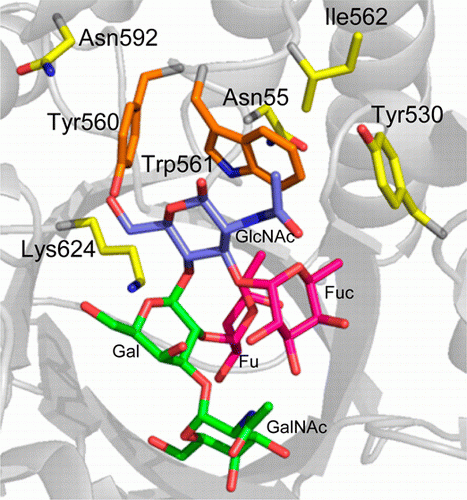What do you do when an injured person needs a blood transfusion and your blood bank does not have the right type of blood? This is a problem that scientists have been trying to solve for many years, but they have not found an economic solution for it - until today.

[Translation by Dr. Nachmani Moshe]
What do you do when an injured person needs a blood transfusion and your blood bank does not have the right type of blood? This is a problem that scientists have been trying to solve for many years, but they have not found an economic solution for it - until today.
Chemists from the University of British Columbia and scientists from the Center for Blood Research have succeeded in creating an enzyme that could potentially solve this problem. The enzyme works by "cutting" the sugars, also known as antibodies, found in blood types A and B and making them more similar to type O. Blood type O is known as the universal source of donation and can be donated to patients with all blood types.
"We have created a mutant enzyme that has been shown to be very effective at removing blood sugars of types A and B, and is more selective at removing the subtype of antibody-A that the original enzyme was less effective against," said David Kwan, lead author of the paper describing the study and a researcher in the Department of Chemistry . In order to create this unique enzyme capable of removing sugars, the researchers used an innovative method known as 'directed evolution' which involves the deliberate introduction of mutations into the genome that cause the production of the enzyme, and the selection of the most efficient strains in cutting sugars. In just five generations, the enzyme becomes 170 times more efficient.
With the help of this enzyme, researchers are able to change most of the types of antibodies found in blood types A and B. However, before it can be used clinically, it is necessary that the enzyme can act on all antibodies. The immune system is very sensitive to blood types and even small amounts of residual antibodies may activate the immune system. "The idea is not new, but until today we needed such a large amount of enzyme that the method was impractical and uneconomical," says the lead researcher. "Now we are sure that we will be able to promote the solution to a considerable extent", he adds and says.

5 תגובות
Quote "The enzyme works by "cutting" the sugars, also known as antibodies, found in type A and B blood and making them more like type O."
Correction: AB blood type has no antibodies, they have two types of antigens [sugars]
A "scientific" website and a doctor writes fatal mistakes?!? Blood type AB has no antibodies to AB! but antigens!!!
Really annoying. You have already been told in the comments about the mistake. At least fix it
The groups A and B are not antibodies, but stimulators of an immune response involving the creation of antibodies, therefore they are called antigens.
It seems to me that the intention is to change the blood type of the blood units used for donation
The above solution can help those with blood type O since they need this blood type in particular, but one must take into account the risk that may arise as a result of changing the blood. The blood may damage the blood vessels.